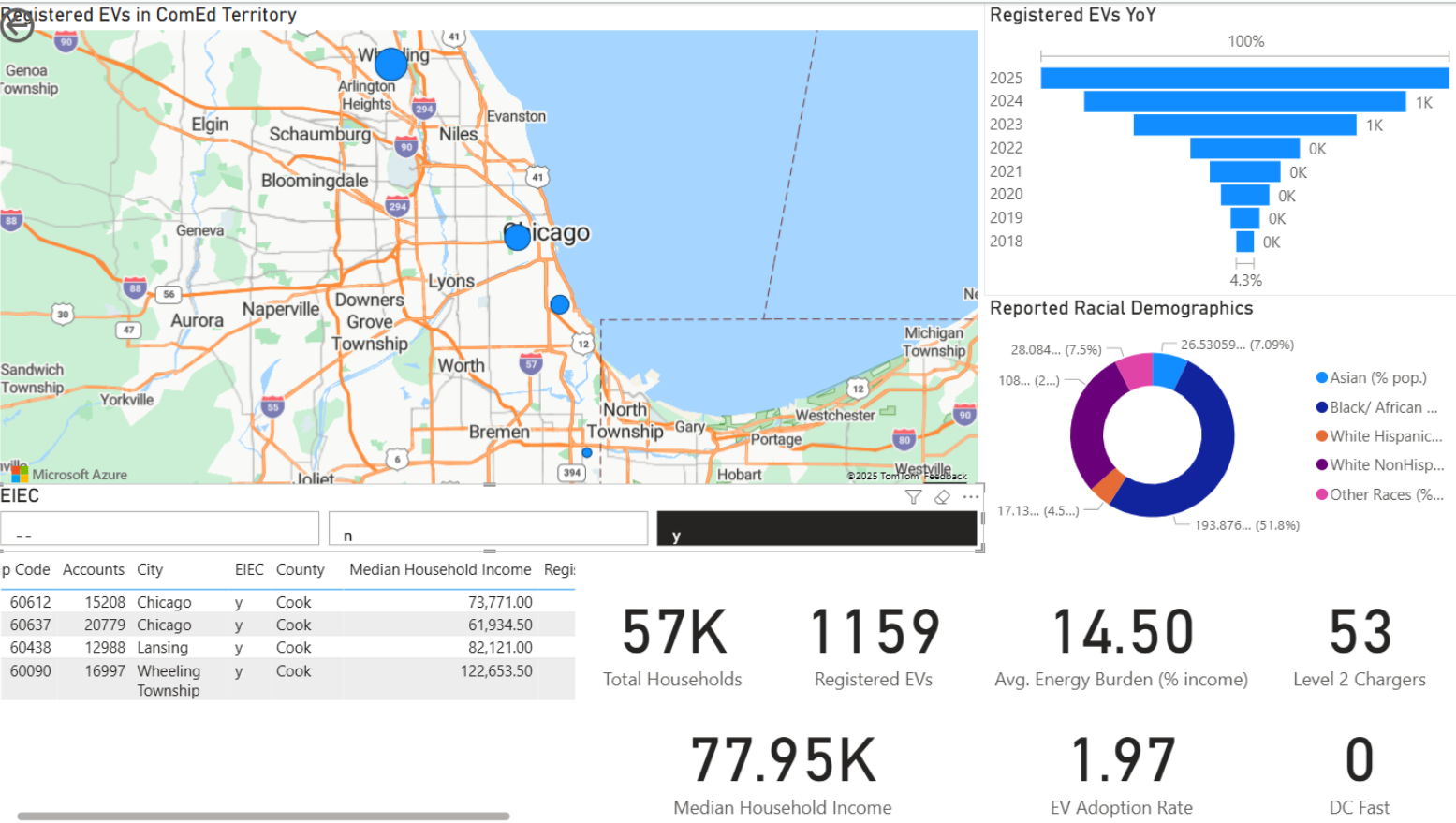
Design Ethnographer
Anthropologist and HCI Research Scientist aligning engineering, design, and business ecosystems. Specializing in human-centered design, information architecture, and complex IoT integration.
About
Design Researcher and Service Designer bridging anthropology, systems design, and artificial intelligence. Education includes an MS in Information (HCI) from the University of Michigan and a BA in Four-Field Anthropology from Wayne State University.
Experience spans 0-to-1 innovation research and complex systems design for enterprise and government sectors, including NASA, IBM, and the Michigan Department of State.
Most recently established the Innovation Design Research practice at Walker-Miller Energy Services, targeting the mobility and beneficial electrification sectors. Currently integrating UX expertise with AI Engineering, Explainable AI (XAI), and Cultural Algorithms to architect adaptive, human-centric systems.
15+
YEARS RESEARCH
16+
PUBLICATIONS
52+
CITATIONS
Research Focus

Task Analysis
Granular investigation of tasks across the journey.

human-aI teaming
Trust and explainability in automated decision support systems.

accessibility
Designing inclusive digital environments for neurodiverse users

cognitive modeling
Predictive models of user behavior in complex control systems.
Work Samples

Strategic Research Sequencing
A scrappy, mixed-method need assessment and usability evaluation with IBM Developer

Equitable Design Strategy x Accessibility
Equity-centered research, design, and strategy to advance equitable mobility and beneficial electrification among marginalized communities.

Human-AI Teaming
Generative Participatory Design x Assets-Based Design to advance circular economies of scale with human-ai teaming among traditional handicraft artisans.